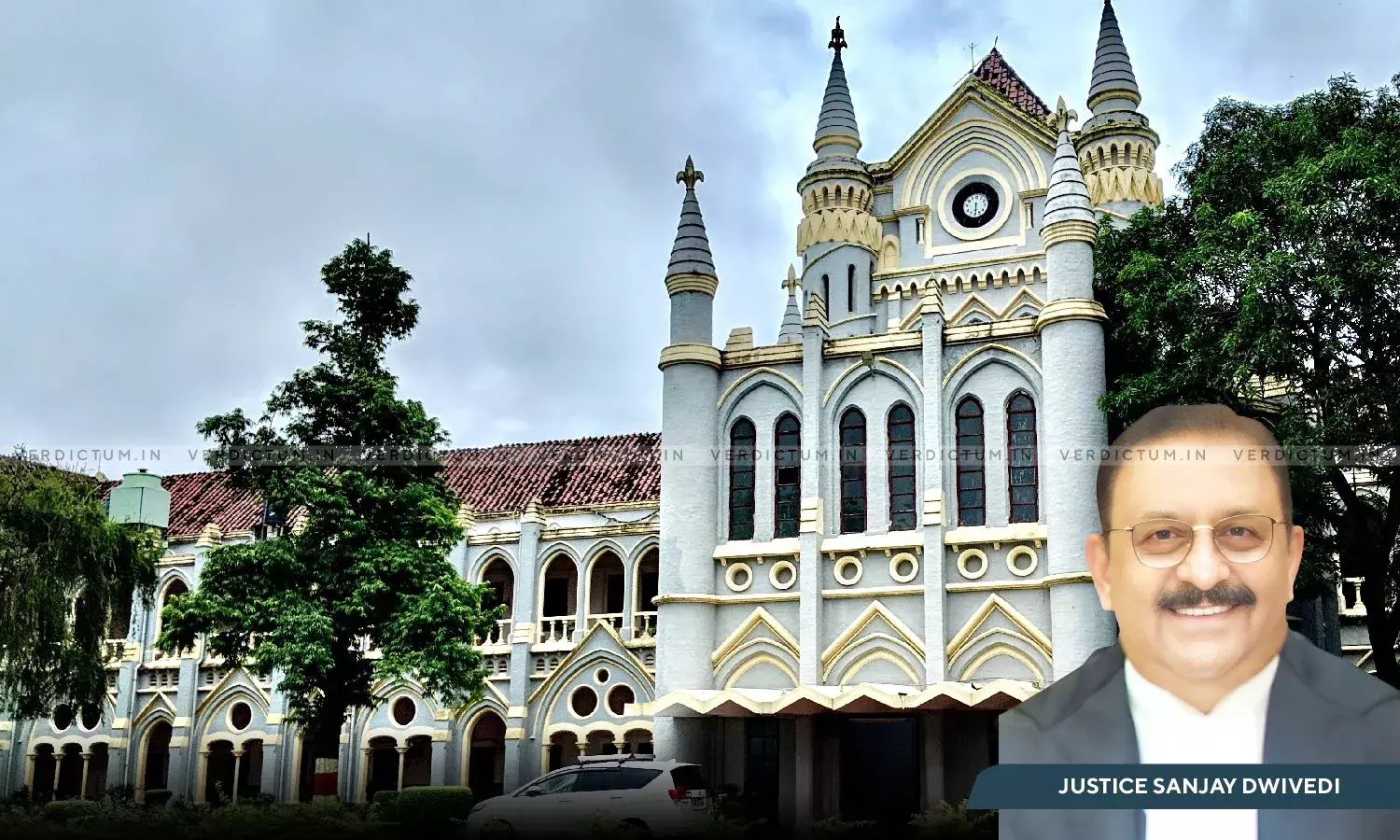NCPCR Has No Authority To Preserve Child Records Post-Valid Adoption: Madhya Pradesh HC
The Madhya Pradesh High Court recently quashed a first information report (FIR) filed against a Christian missionary and office-bearer of Aadhaarshila Sansthan, concerning allegations of child trafficking related to adoptions that took place 15 years ago.
The allegations against petitioner stemmed from the adoption of two children from his orphanage 15 years prior, accusing him of not providing necessary information to the City Superintendent of Police regarding the adoptions. The NCPCR alleged that both children were found residing at Bal Bhawan post-adoption, a claim that petitioner contested, asserting that the children were actually located in the Central India Academy hostel.
The NCPCR filed charges against him under Sections 370 (trafficking of persons) and 34 of the Indian Penal Code (IPC), along with Section 80 of the Juvenile Justice (Care and Protection of Children) Act, 2015.
A Bench of Justice Sanjay Dwivedi emphasized that the adoptions were conducted in accordance with legal procedures and had received approval from the family court.
The Court said, “Apparently, the competent court i.e. Family Court, Damoh at the time adoption had to consider the report of the Adoption Committee containing history of the child and then opined that the children are legally free. Once, the committee has given opinion that the children were legally free and that has been accepted by the competent court and allowed the application for adoption; the said order was never put to test and therefore only because there emerged a doubt in the mind of respondent No.5, his action cannot be held justifiable.”
Senior Advocates Vivek Tankha appeared for the petitioner and Advocate General Prashant Singh appeared for the Respondents.
The Court raised concerns about the involvement of the National Commission for Protection of Child Rights (NCPCR), which had initiated the investigation despite the absence of complaints from the children involved or their adoptive parents.
The Court further asserted that once it was established that the adoption order was issued after thorough scrutiny of all relevant factors, the circumstances surrounding the child’s status should not be re-investigated based solely on the whims of the NCPCR. The Court added, “Section 3(xi) of Act, 2015 provides “Principle of right to privacy and confidentiality; Every child shall have a right to protection of his privacy and confidentiality, by all means and throughout the judicial process. Seemingly, the respondents have violated the aforesaid provision and anyhow have not protected the privacy and confidentiality of the children, conversely, they have disclosed the names of the children in their communication.”
It criticized the prosecution as being motivated by malice, suggesting it was aimed at damaging petitioner’s reputation. Consequently, the Court quashed the FIR.
The Court condemned the NCPCR's actions as an overreach of its authority. It pointed out, “Much to the surprise, when the children have never raised any objection about any exploitation or ill-treatment from anybody relating to the orphanage and also after adoption, the parents, then no question arises for respondent No.5 to discharge the obligation as has been provided under Section 109 of Act, 2015.”
The Court also criticized the NCPCR for violating the provisions of the 2015 Act, the court said, “it is clear that NCPCR constituted under Section 3 of Act, 2015 while implementing the provisions of the Act shall be guided by the fundamental principles, in that, Section 3(xiv), as quoted above, provides ‘all past records of any child under the Juvenile Justice system should be erased except in special circumstances.’. Thus, it can be deduced that when valid adoption was made, there was no necessity to keep the record of the child preserved and the authorities having no right cannot be permitted to ask the petitioner to produce such record, unless showing any special circumstance.”
The Court observed that since the competent court had determined the children were legally free for adoption and that the adoption process was properly conducted, the children had transitioned from being classified as ‘orphaned’ to possessing all legal rights afforded to any child. It reinforced that revisiting a child's past after a legitimate adoption order serves no purpose and that any procedural doubts could have been challenged legally at the time.
The Court said, “I am of the opinion that the prosecution of the petitioner is sugarcoated with ill-intention and made to belittle his image in the society. In such circumstances, the prosecution cannot be allowed to continue.”
Ultimately, the Court ruled that when criminal proceedings are evidently motivated by malice or personal vendetta, it can exercise its power under Article 226 to annul the FIR.
Cause Title: Dr. Ajai Lall v. State of Madhya Pradesh & Ors.
Appearance:
Petitioner: Senior Advocates Vivek Tankha and Shashank Shekhar, along with Advocate Bhoopesh Tiwari
Respondents: Advocate General Prashant Singh and Deputy Advocate General BD Singh, Advocates Akshat Arjaria Abid Parikh, Aakash Choudhury and Vishal Daniel
Click here to read/download Order




